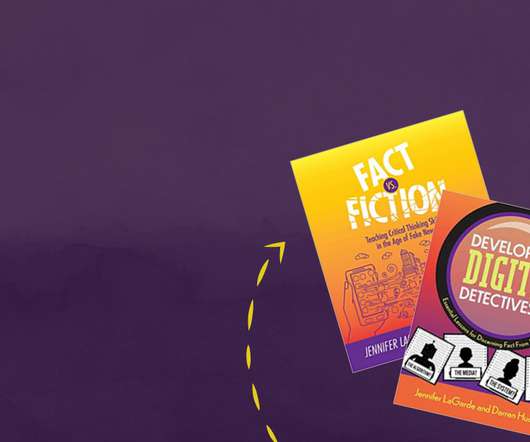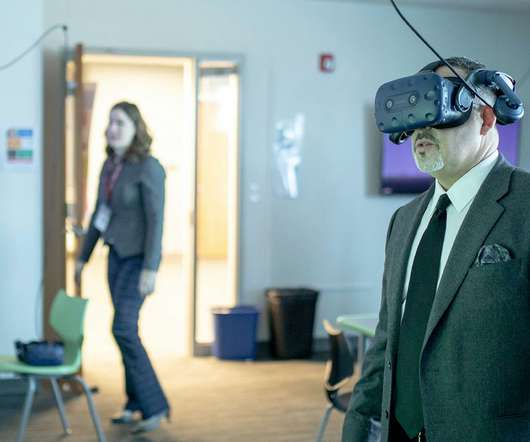96 edtech predictions for K12 in 2019
eSchool News
DECEMBER 31, 2018
We asked 49 edtech executives to look into their crystal balls and share their thoughts about what will happen in 2019. In 2019 and beyond, interoperability will be an extremely important point of emphasis for edtech leaders. There are also a lot of predictions about improving safety and security.















Let's personalize your content